
A Quick Guide to Gut Issues in Pets
The state of the gut can have a significant overall impact on our pets’ health and wellbeing. The wrong diet can send things truly out of kilter, disturbing our animal companions’ internal systems and becoming uncomfortable for our beloved pets - and also those cleaning up the aftermath of an upset tummy.
Of course every animal is different and will therefore have unique needs and sensitivities when it comes to diet and gut health, but knowing the signs of good and bad gut health can be an excellent start to tackling the issue head on.
We are going to take a look at the signs of poor gut health in dogs and cats, how this can differ between cats and dogs, and how to start making more positive changes to your pets’ diet to maximise good gut health.
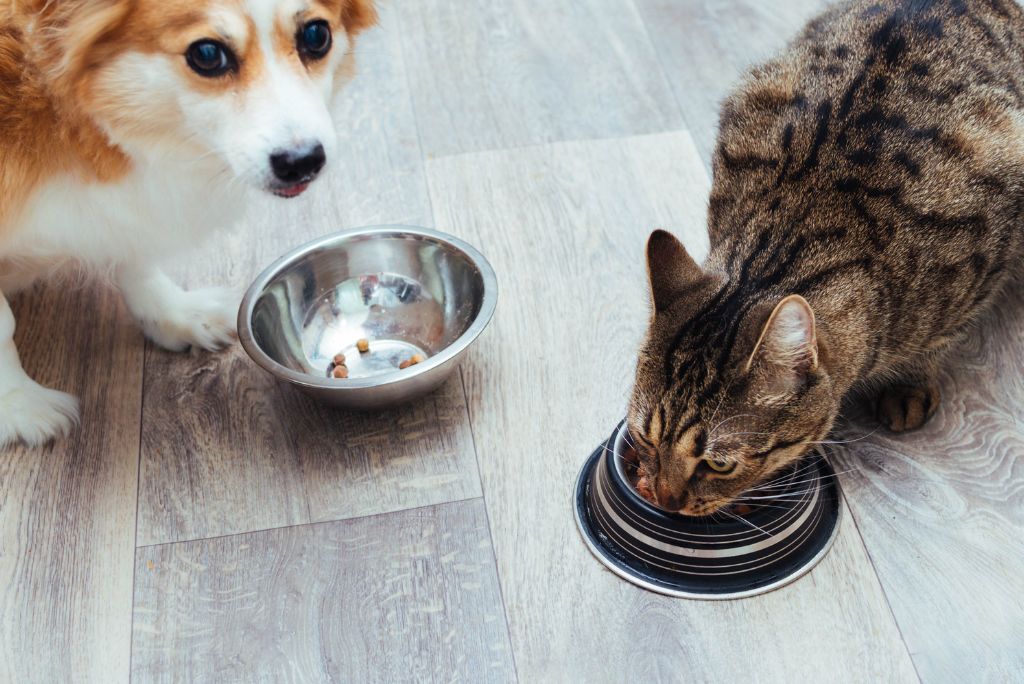
Symptoms of poor gut health in pets
Signs of poor gut health in our pets can present in a variety of different ways. There are several indicators that can point towards poor gut health in dogs and cats, and while these species have their differences, the symptoms of an unhealthy gut are surprisingly similar.
Here are some things to look out for that may indicate poor gut health in cats and dogs:
Changes in their stool - As a pet owner, it is likely you will get a good look at your pet’s stool at least once a day. Changes in stool colour, smell and consistency is one of the best early indicators that your pet’s gut may be out of sorts. This can range from
- constipation, where the stool is dark and solid, difficult to pass and may only be being passed in small pellet-like pieces; to
- softer, lighter stool that may have a slightly fluffy edge, to
- completely soft or liquid diarrhoea.
One thing to pay particularly close attention to is whether your dog is passing mucus or blood when they go to the toilet - as this can indicate more serious health issues.
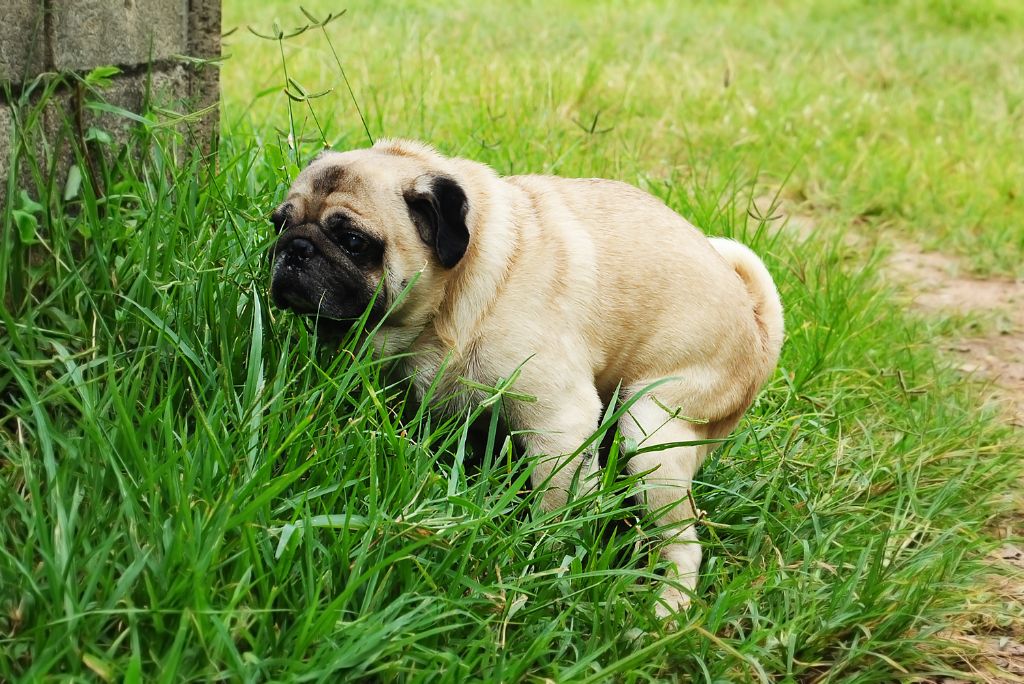
Excessive or strong-smelling gas
Gut issues can stir up a considerable amount of gas in the digestive system which has to go somewhere! If you notice your pet is suddenly releasing excessive or foul-smelling gas, it is possible that their gut flora is unbalanced. Rich food in particular can cause an extra build-up of gas, and so taking your pet’s diet back to basics for a bit can help considerably.
Lack of appetite
If your pet is feeling uncomfortable, it is unlikely they will want to eat. You may notice your cat or dog eating less or turning their nose up at their dinner, which usually they would be excited to wolf down. An animal’s refusal to eat is a big alarm bell that something is amiss internally and should be investigated straight away, especially if your pet appears to be in pain.
Weight loss or gain
Your pet losing or putting on weight can not only be a sign that their gut isn’t happy; it can be a significant indicator of a greater underlying health issue. If a change in weight occurs rapidly or out of nowhere, it is important to seek a qualified professional’s opinion to rule out more sinister issues before focusing solely on diet.
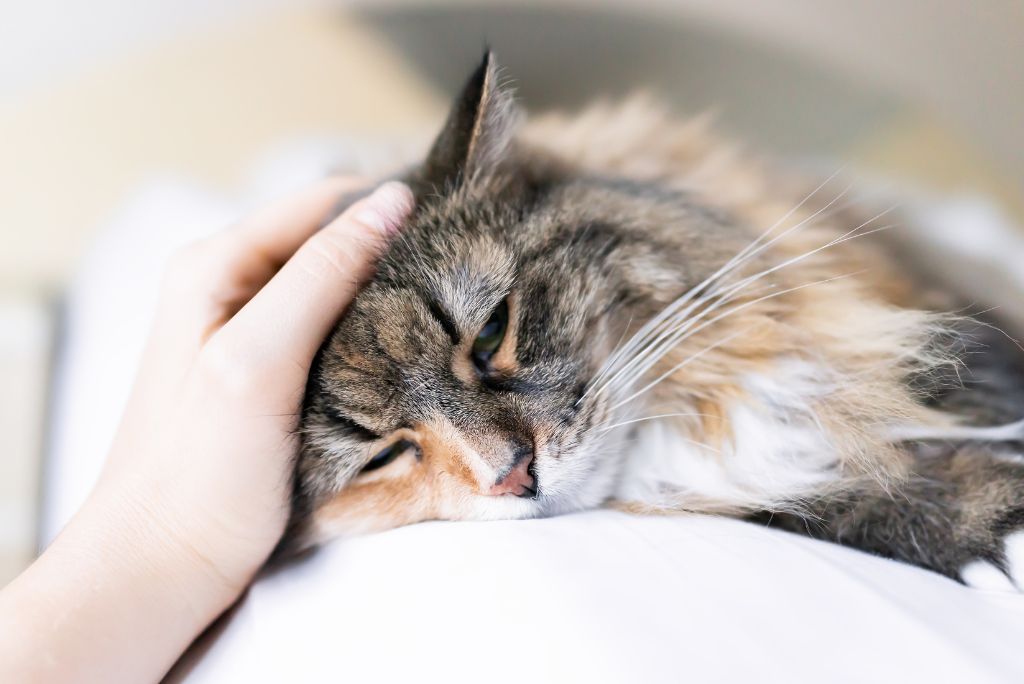
Passing blood or mucus
Blood or mucus may appear in your pet’s stool when their gut health is off. This can be due to a sudden change in their diet, a food allergy or intolerance, inflammatory disorders or more serious health conditions, so it is always advised to get your animal companion checked out just in case.
Bad breath
Another strong indicator of an unbalanced gut is breath that smells particularly strong or unpleasant. This can be due to an overgrowth of bad bacteria in the gut, which therefore disrupts the gut microbiome and causes bad-smelling breath to be expelled.
Skin and coat issues
Gut issues can also manifest in more “visible” areas, such as with the condition of your pet’s skin and coat. An animal’s gut microbiome works closely with their immune system, and when this goes down one of the most obvious signs is a change in the state or their skin of fur. Your pet’s coat may appear dull or they may even start to lose hair, becoming patchy and thin, and their skin can become dry, itchy or red - these are all telltale signs that gut problems may be afoot.
Behavioural changes
Not only can gut issues affect your pet’s physical health, it can negatively impact their mood and behaviour too. Your pet may become anxious or skittish, not enjoying the activities they usually enjoy or exhibiting nervous behaviours such as crying, drooling, pacing and incontinence. Discomfort can also lead animals to lash out or become more aggressive, pain and fear making them act out of character.
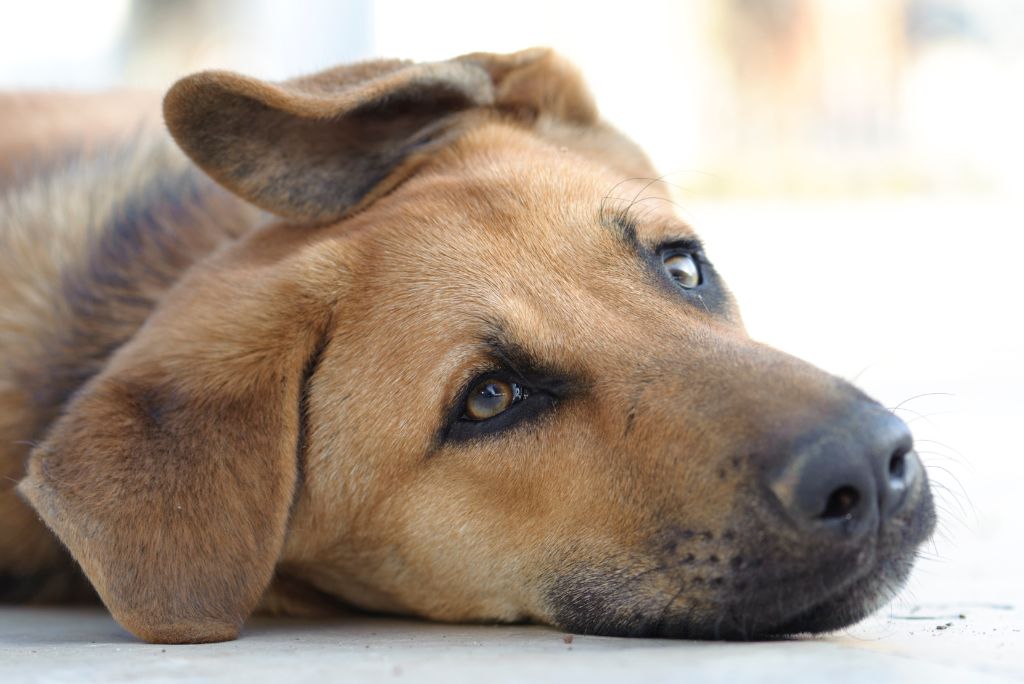
Our pets are very good at telling us that something is wrong through their behaviour, and it is our job as their caregivers to take notice and be proactive in getting them the help they need.
If you notice sudden changes in your pet’s physical or emotional wellbeing, particularly if they begin to pass or vomit blood, consult your vet immediately for further guidance and treatment.
Best food for digestive health
After consulting your vet to rule out more significant health issues, it could be that your pet’s diet is a key player in their unbalanced gut.
Here at World 4 Pets we firmly believe that good-quality, natural ingredients are the best way to get the right goodness into our pups and feline friends, and offer specifically tailored products and food blends to help maximise nutrition.
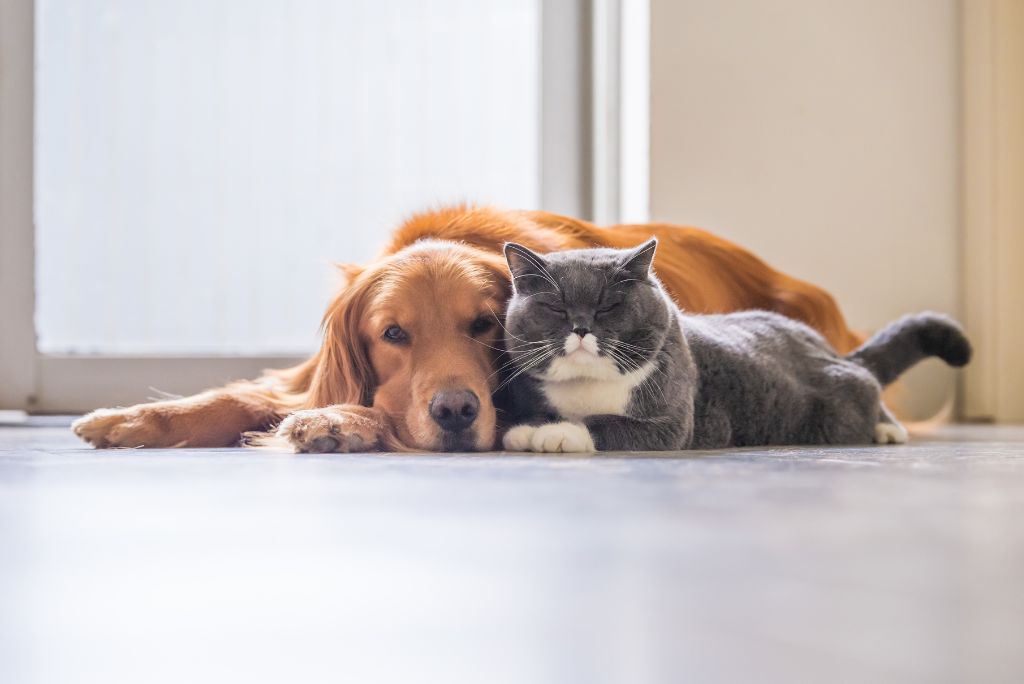
Best dog food for digestive health
Maintaining good digestive health in dogs can seem like an overwhelming task, especially if your dog struggles with a particularly sensitive system. A good way to start is to introduce more raw ingredients into your dog’s diet.
Raw food is one of the most bio available forms of vitamins and nutrients. Also being in most instances up to 70% moisture, it is a fantastic source of moisture content to aid in regular well-formed stools.
Good-quality meat, organs, bones, dog-safe fish and veggies - all of which can be found in our specially-created BARF mixes - are all good elements to introduce to your dog’s diet to help promote better gut health and overall wellbeing.
We understand that pet food can get expensive and not everyone has the time to cook perfectly-balanced organic meals for their pet everyday. That’s why we also offer a wide range of high-quality wet dog foods, tailored to different age and sizes of dog.
If your pet is experiencing gut issues, you may want to consider incorporating a high-quality probiotic and digestive enzyme into their diet. These supplements can help promote a healthy balance of gut bacteria and aid in the breakdown and absorption of nutrients, potentially alleviating discomfort and improving digestion.
Remember to consult a trusted pet professional before introducing any new supplements to your pet’s wellbeing regime. With proper guidance, integrating probiotics and digestive enzymes can be a beneficial addition to support their overall digestive health and well-being.
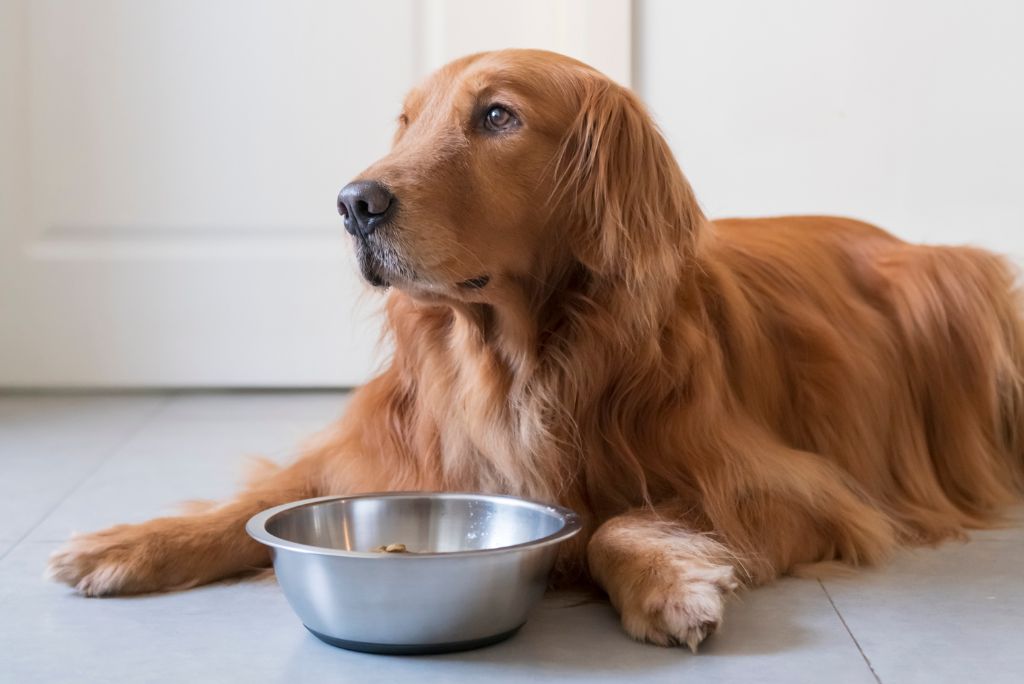
Best cat food for digestive health
Cats and dogs of course have different health and nutrition requirements, and so naturally their diets will look a little different. It is worth noting that cats are particularly sensitive to change and so their emotional state can have a huge impact on their gut health, even if their diet is in check.
When it comes to feeding your cat in a way that supports their gut microbiome, high-quality protein, good sources of fibre and perhaps some additional prebiotics can make a huge difference to your cat’s digestive wellbeing. Hydration is also super important, so choosing foods that sit in gravy or jelly can provide a solid additional source of hydration, particularly during warmer months.
We offer a wide range of high-quality wet cat foods that are chock full of vitamins and minerals, as well as high-quality meat, fish and additional natural add-ins, specifically created with cat guts in mind.
We would suggest you check out our Big Dog For Cats options, including kanga, turkey and chicken flavours to suit your feline friend’s taste preference. Alternatively, check out Proudi premium raw food Kangaroo & Beef for Cats or Turkey & Chicken for Cats; proudly Australian made, easily digestible for cats and snap frozen to lock in all the natural goodness.
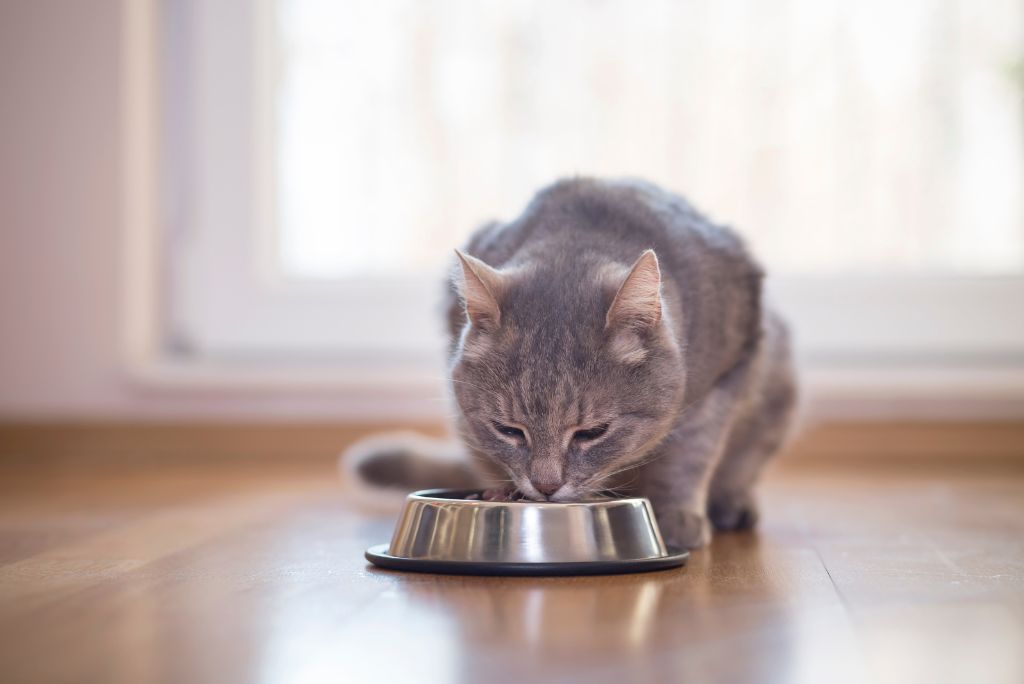
The Key Takeaways
It takes time and patience to build up healthy and balanced gut bacteria in our pets. Many of them are not born with a microbiome and so have to form a strong system over time - and diet is the first step to victory!
If you’re at all concerned about the state of your animal companion’s gut health, pay close attention to what their body and behaviour is telling you. And if you’re still unsure please feel free to reach out to our team who will be able to offer our expert opinion, or point you towards a qualified, trusted pet professional.
